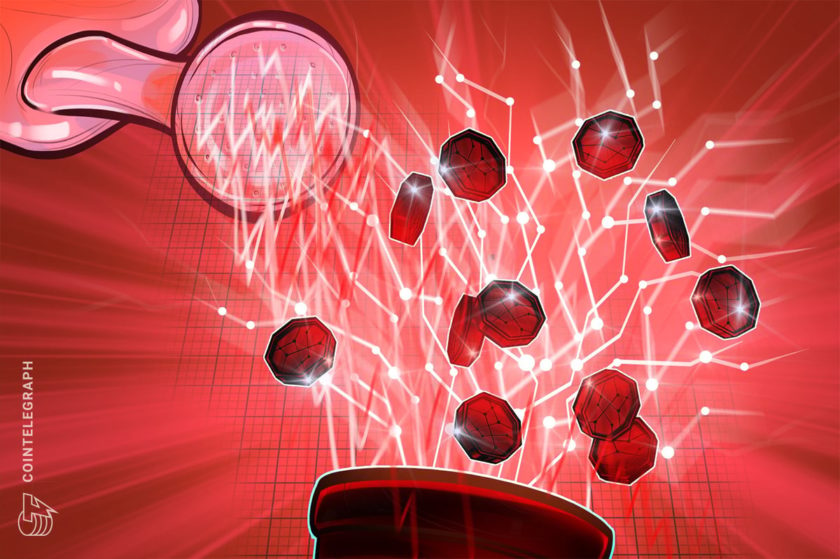Argent, a non-custodial Ethereum mobile wallet, has officially come out of beta and is now available for both iOS and Android users to download. The company wants to bring DeFi to the masses with its simple UX and an innovative approach to security.
First Public Version of Argent Wallet Officially Launched
Argent has launched the first public version of its Ethereum mobile wallet today after spending months in beta. The non-custodial wallet was created in order to provide users with much more than just a place to store their crypto assets—its ambitious goal has been to bring DeFi closer to the masses.
The app uses smart contracts to create a platform that looks and works like a conventional banking app. Many have compared its user experience with the popular mobile bank Revolut, as it does a good job of separating the end-users from concepts such as smart contracts, addresses, private keys, and seed phrases.
Argent allows users to directly integrate with DeFi projects, which means users can stake and borrow ERC-20 tokens, as well as use decentralized exchanges such as Uniswap, Kyber, Compound, Maker DSR, and TokenSets.
Excellent Reviews And Third-Party Audits Could Make Argent Big
According to a TechCrunch review of Argent, the app managed to find the right balance between security and simplicity—a feat TechCrunch believes could make it the “Revolut of crypto.”
While it’s still early to tell whether the hype around Argent is justified, the impressive reviews the app has been getting while in beta show that it could become popular. The London-based company has raised $16 million in funding, which allowed it to release a closed beta with 5,000 loaded wallets, each holding an average of $2,000.
Aside from positive reviews, Argent’s innovative way of solving the problem of wallet security could make it attractive to users that don’t want to deal with the hassles that come with using cryptocurrencies.
Wallet users appoint “guardians” to their account to keep their funds safe. These safekeepers could be other Ethereum accounts, hardware wallets, MetaMask accounts, or a third-party service such as Argent’s own two-factor authentication tool. Instead of recovering their wallets with seed phrases, users need the majority of their “guardians” to match the four emojis that pop up on their screen after they request recovery.




